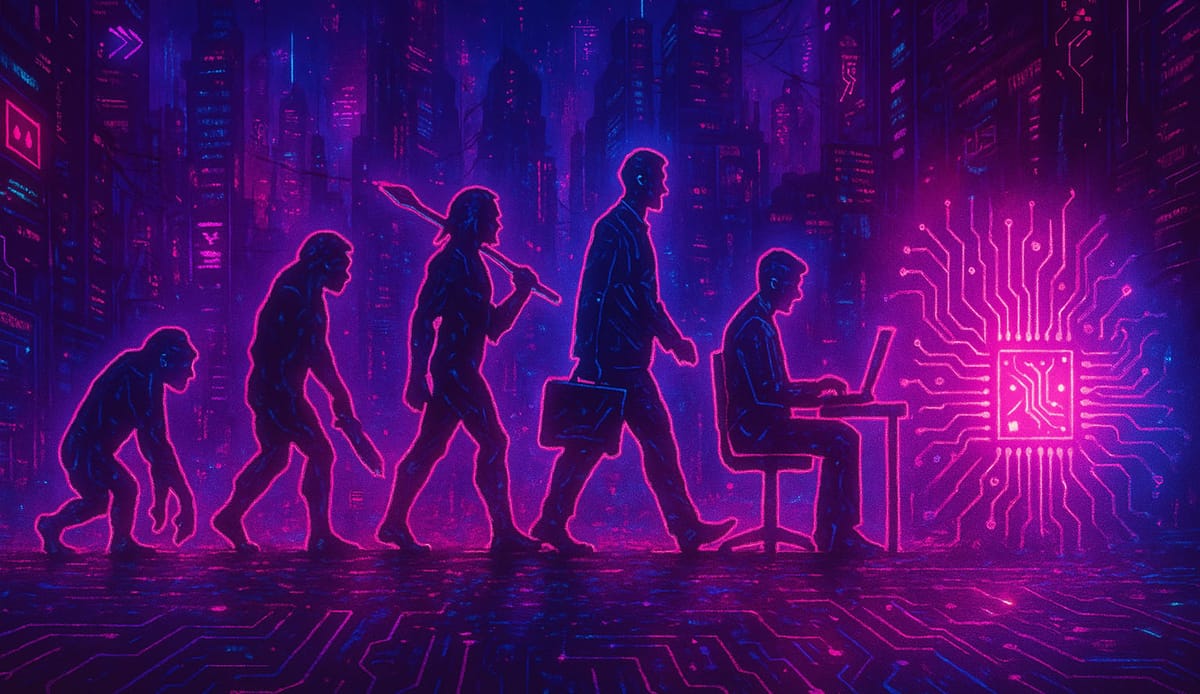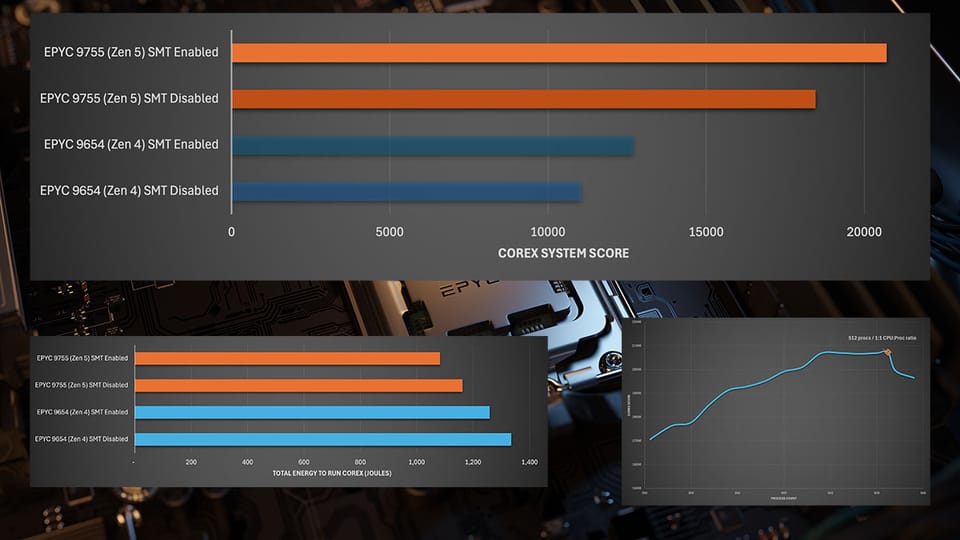The Evolution of Software Development in an AI World
An updated take on my original article about the evolution of software development for world that is trying to replace developers with AI

In November 2021, a full year before ChatGPT 3.5 was released, I wrote about the evolution of software development.

Reading it back today it is, if anything, even more relevant. AI’s impact on software development is only reinforcing what I wrote about.
If I were to build upon the analogy of software engineers vs carpenters and Dilbert and Alice example, today we could add Wally into the mix. Wally is a vibe coder. He could be described not even as assembling Ikea furniture, but perhaps as even as hiring someone from TaskRabbit to assemble his bookshelf for him. The contrast between him and Alice (who can build a bookcase from raw lumber) is more distinct than ever.
With the advent of the term “vibe coding”, we may even be starting to develop a vocabulary to differentiate between the two. I don’t know how long it will stick but just the idea that we differentiate between building software solely using AI tools versus by hand is a good thing.
There is one big problem though. Normally, the tools we use are highly deterministic, I don’t just mean software tools either. A hammer, given the same input, gives you the same output every time. The same is true for an impact wrench or a CNC machine. In fact, when they stop behaving in such a deterministic fashion they’re usually broken (or out of battery). I really couldn’t think of any tools that aren’t deterministic in this fashion. Interestingly, neither could ChatGPT. Except LLMs. (I’m excluding things such as random number generators or tools that we explicitly use to be non deterministic).
The same was true for software development tools up until the advent of LLMs. A no code solution would always write the same code under the covers for a given input. Your autocomplete would be based on the code and suggest only valid completions and always the same ones.
I think that the indeterminate nature of LLM based software development tools is problematic. Humans are not good at dealing with varying output given the same inputs and LLMs inability to resolve this so far, in my opinion, is hindering wider adoption for real work.
Writing software doesn’t end once version 0.1 goes out the door. The inability of LLMs to make deterministic, repeatable changes to code currently limits their use to developers. Maybe this will change, but my guess is that it will require something else, something not LLM based. Something that will hopefully be a less power and data hungry too.




